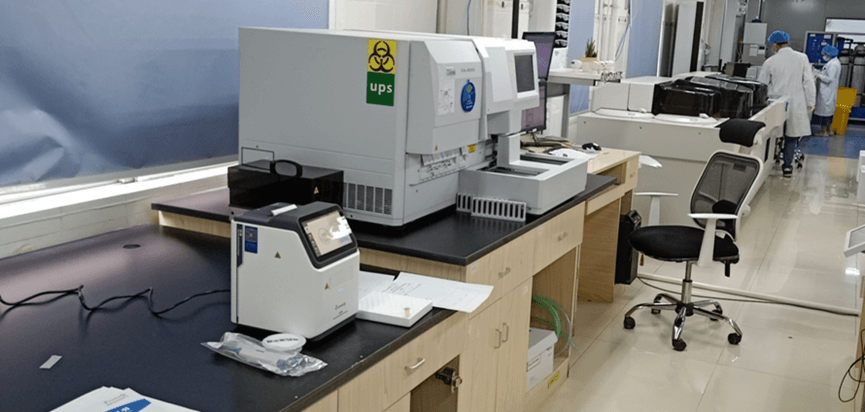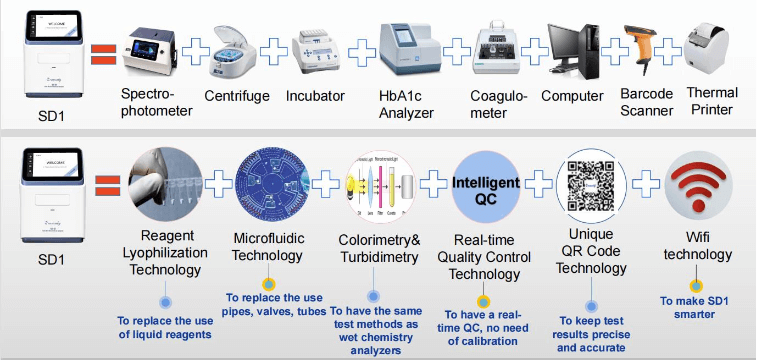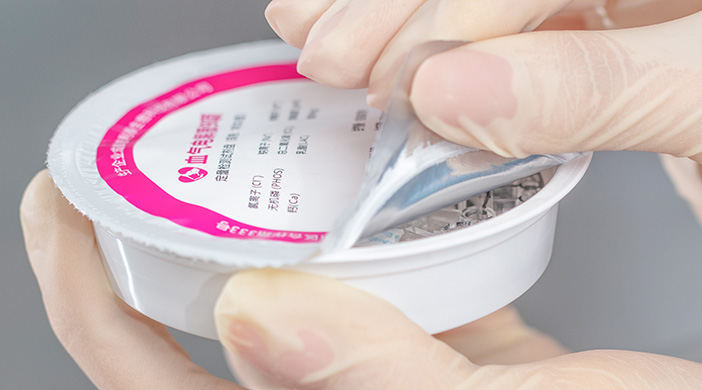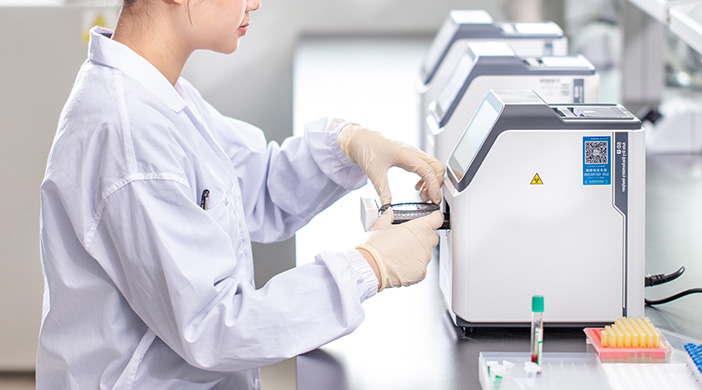release time:2023-09-04 16:16:06
In the ever-evolving landscape of healthcare, the demand for efficient, accessible, and advanced medical equipment continues to rise. Small clinics, in particular, face unique challenges in providing comprehensive care to their patients. One such challenge is ensuring timely and accurate blood analysis, a crucial aspect of diagnosing and monitoring various medical conditions. Enter the portable blood analysis machine - a small, handheld device that can make a significant difference in the way small clinics operate.

Before we dive into the specifics, let's define what a portable blood analysis machine is and how it functions. Essentially, a portable blood analysis machine is a compact device equipped with sensors that can measure various parameters within a person's blood. These parameters include oxygen levels, pH balance, glucose concentration, and more. The results are typically displayed on a screen or saved for later reference. This technology is commonly employed by medical professionals to perform quick health assessments and diagnose conditions ranging from anemia to diabetes. It can also be used to detect the presence of drugs or other substances in a patient's bloodstream.
The versatility of portable blood analysis machines is one of their most significant advantages. These devices can measure a wide range of parameters, such as hemoglobin, hematocrit, and white blood cell count. Beyond that, they can detect infectious diseases like HIV and malaria, making them invaluable tools for diagnosing and managing healthcare challenges in diverse settings. Small clinics often deal with patients suffering from chronic conditions like diabetes, and portable blood analysis machines are indispensable for monitoring these individuals efficiently.
Compared to traditional lab-based testing, portable blood analysis machines offer a rapid and convenient solution. Instead of waiting for samples to be sent off to a central laboratory, clinicians can obtain immediate results, enabling quicker diagnosis and treatment decisions.
Small clinics face unique challenges and constraints, and portable blood analysis machines address many of these issues:
Selecting the right portable blood analysis machine for your clinic is essential. Here are some factors to consider:
Leading the pack of portable analyzers is the Seamaty SD1, a fully automated chemistry analyzer designed for on-site testing. It can provide faster, easier, more accurate medical diagnosis using 0.1cc of whole blood, serum, or plasma. Utilizing cloud computing, SD1 can help operators make medical decisions remotely. It comes with built-in centrifuge, QR code capability, real-time quality control, and automatically prints test results after just 12 minutes. The SD1 analyzer is small and lightweight, weighing only 4.6kg.

Now that you've recognized the benefits and know what to look for, let's discuss how to acquire a portable blood analysis machine:
In conclusion, portable blood analysis machines are indispensable tools for small clinics. Their versatility, accessibility, and efficiency make them valuable assets in providing timely and high-quality care to patients. When choosing a portable blood analysis machine, carefully consider your clinic's specific needs and shop around to find the best fit. Investing in this technology can streamline operations, reduce costs, and, most importantly, enhance patient care in small clinic settings.
By harnessing the power of portable blood analysis machines, small clinics can take significant strides towards improving patient outcomes and providing top-tier healthcare services to their communities.

2022-02-10
This reagent kit with the most comprehensive parameters cover multiple biochemical groups such as liver, kidney, pancreas, myocardium, ion, protein, and metabolism , and can help veterinarians to diagnose diseases in all aspects.

2022-01-11
Fully automated biochemical analyzers, the entire process from sample addition to results is done automatically by the instrument. The operator only needs to place the sample on the specific position of the analyzer, select the program to start the instrument and wait for the test report.

2021-10-19
Point of care testing is a rapid test performed in the presence of the patient and the person being tested. It is not necessarily performed by a specialist examiner.